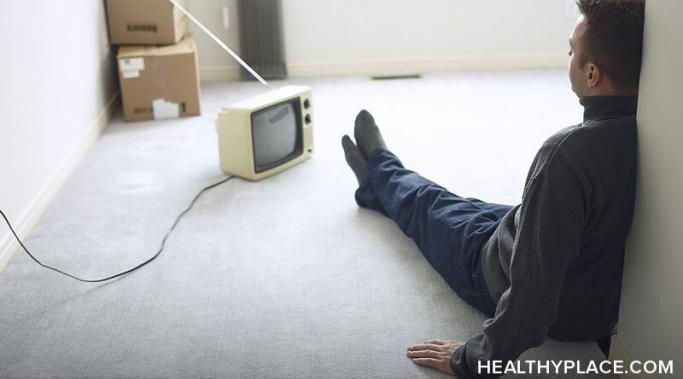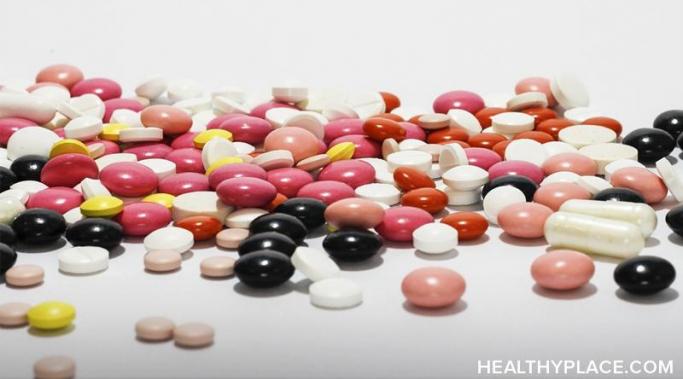Blogs
At 18, when our mentally ill children are no longer minors, it is important to encourage them to waive their privacy rights through the Health Insurance Portability and Accountability Act (HIPAA) and allow parents to participate on their mental health team. To assure that adult children waive their privacy rights, parents need to develop a relationship of trust.
News coverage that stigmatizes mental illness often occurs after events like mass shootings and other tragedies. The reporters often bring up mental health and how that may have played a part in what happened. Whether or not there is even any initial evidence of mental illness, the fact that someone could commit such an atrocity invokes assumptions of mental instability. People then tend to associate that idea with mental illness as a blanket statement, despite how complex and different individual mental illnesses are. With these conversations inevitably comes misinformation and stigma, and when these news stories saturate our social media and even traditional media sources, it can be tough to contend with as someone with a mental illness. News coverage that stigmatizes mental illness creates problems for society and individuals, and here are two ways it happens.
A child's mental illness diagnosis can take years to get right, especially when both disruptive mood dysregulation disorder (DMDD) and a childhood bipolar disorder diagnoses are possible. One diagnosis can look similar to another. It takes a skilled provider to tease it out and, let’s face it, as parents, we don’t always know if our providers are the skilled ones. It took three years to get to my son’s diagnosis of DMDD. Prior to that, they briefly considered childhood bipolar disorder. I still sometimes wonder if it’s not.
I continually struggle with my anxiety concerning side effects from psychiatric medications. These side effects include insomnia, lack of appetite, increased appetite, chronic constipation, dizziness, tremor, lack of energy, and weight gain. I know I sound like the spiel they give on commercials for the side effects of psychiatric medications. But unfortunately, side effects can impact my anxiety in a variety of ways because I take medication for my chronic psychiatric conditions.
What do you do when the flu attacks during binge eating recovery? We know that recovery is challenging enough on its own, but throw in having the flu and binge eating disorder recovery gets even tougher. Being ill can effect your appetite and mood, among other things. Both of these components are important when it comes to staying on track with your recovery. Here's the good news, having the flu doesn't have to hinder the binge eating recovery progress you've already made.
It seems we're asked to handle depression due to overwhelming world events and tragedies almost every day. Everywhere we turn, there’s another deadly event or natural disaster. As a highly sensitive person (HSP), I find that these world events can overwhelm me and can increase my depressive symptoms. Over the years, I have found ways of coping so that I can live a happier life even when world events overwhelm me or increase my depression.
Setting or maintaining boundaries with family and friends may be difficult if you are in recovery from addiction. The difficulty of setting limitations with others is a natural thing to experience in recovery because when you were in active addiction it’s likely that your boundaries were severely blurred or even nonexistent. The lack of boundaries in your life at the time may have led to manipulation, abuse, allowing others to take advantage of you and put you in harm’s way. It also leads to codependency in relationships, which likely fed your addiction and kept it active. But now you are in recovery, and it’s time to learn that setting and maintaining boundaries is essential to your recovery.
The day the calendar turns to November, and often well before that, many people begin to experience holiday anxiety. There are legitimate, and numerous, reasons for this. The seven causes of holiday anxiety discussed below are common. They can cause anxiety in people who don’t have anxiety disorders, and they can magnify existing anxiety disorders to such a degree that they cause people to question their sanity. Understanding the causes of holiday anxiety can reduce your anxiety and allow you to actually enjoy yourself this holiday season.
Eating disorders not otherwise specified (EDNOS) are frequently stigmatized and misunderstood in mainstream culture, like most forms of mental illness. Many who lack firsthand experience tend to label eating disorders as a rich and thin white woman’s issue, but the reality is that eating disorders affect people of all backgrounds and demographics. They transcend racial, gender, and socioeconomic barriers. They are diverse and non-discriminating. In other words, anyone can be an eating disorder sufferer, even those who don’t “fit the mold.” And that’s one reason eating disorders, especially EDNOS, are so dangerous—they're often a challenge to detect.









